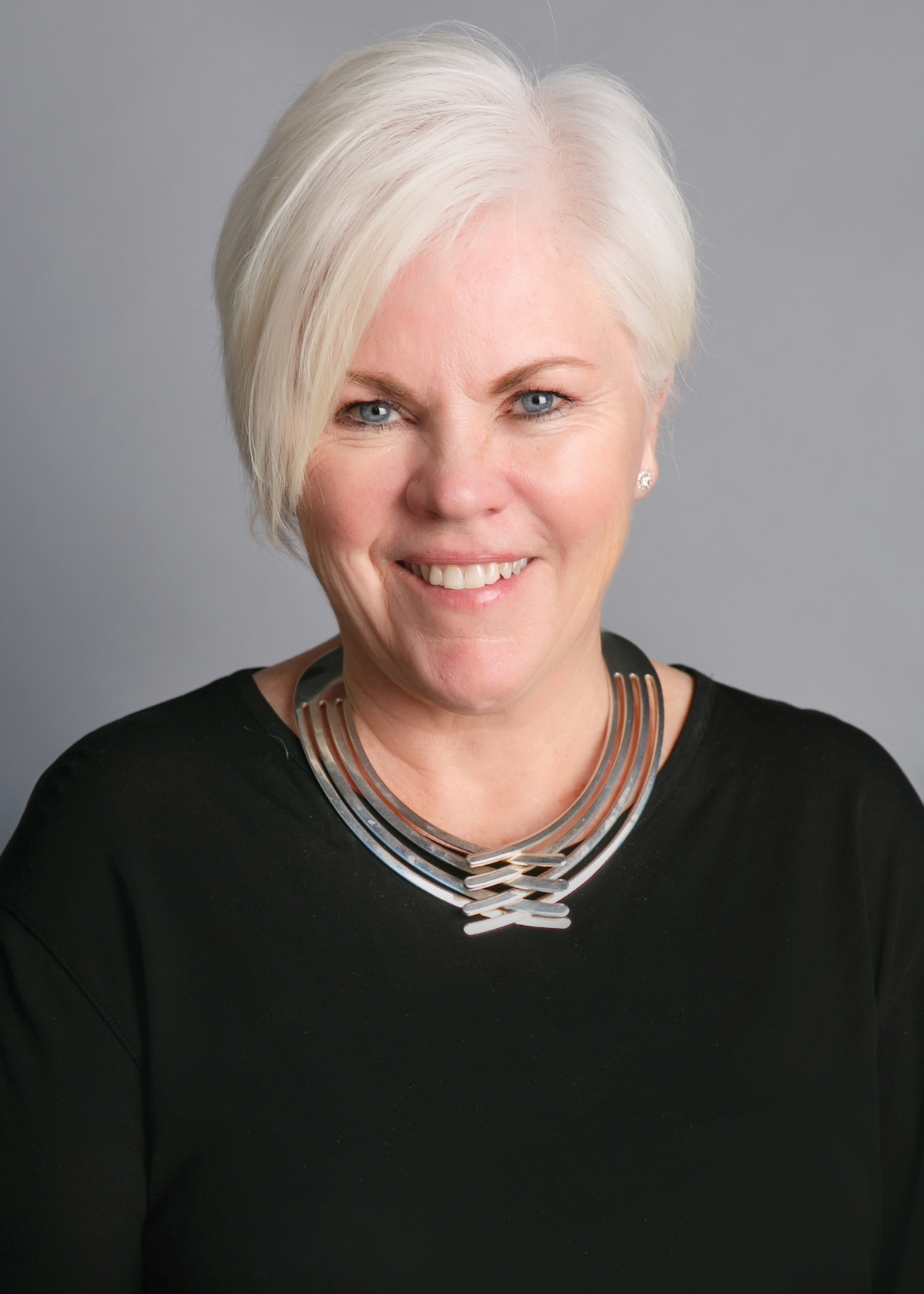

Like many first-year students, Cathy Brady-Copertino, B.S. 1976, entered Catholic University’s nursing program not certain where she wanted to go with her future. One of nine children from a tight knit Maryland family, she’d grown up with the idea of becoming a nurse.
“My mother was Irish poor, growing up in New York,” Brady-Copertino said. “She had wanted desperately to go to nursing school. It wasn’t in the cards for her, but we all grew up with her admiration for nurses, her love of nursing.”
The Bradys were also a musical family, and even as she pursued nursing, Brady-Copertino thought about switching to CatholicU’s music program. Then one day, when working as a student nurse at Providence Hospital, she got her answer.
“There was a young man who had cancer,” Brady-Copertino recalled. “He took out his guitar, and he was singing, and it was like a lightbulb went on. I could have a nursing career and music at the same time, combine both art forms, really. And I knew from that experience I wanted to go into cancer nursing.”
It was an ‘aha’ moment that would take Brady-Copertino from working as an oncology nurse in hospitals that included Memorial Sloan Kettering and Holy Cross, to creating and managing cancer programs that have helped thousands in Maryland and abroad. This summer, Brady-Copertino retired from her position as vice president, cancer services, at Luminis Health’s Decesaris Cancer Institute (DCI) in Annapolis, where she had held a number of progressive leadership roles over the years.
At her retirement gathering, DCI Medical Director Dr. Barry Meisenberg, described Brady-Copertino as “this powerful energy field … like a meteorological force that influences weather for hundreds of miles around.”
Under Brady-Copertino’s leadership, DCI became one of the region’s top cancer treatment centers, with more than a dozen programs. More than 2,500 new cancer cases are diagnosed annually, with over 500 cancer patients treated daily.
Brady-Copertino’s energy field extends across the Atlantic. From 2006 to 2020, she partnered with a radiation oncologist to form Global Oncology Services Ireland, to establish cancer treatment centers and programs in Ireland.
Much has changed in health care since Brady-Copertino was a student at CatholicU. When she graduated, there were more nurses than jobs. Today, there aren’t enough nurses, mainly, Brady-Copertino said, because there aren’t enough nursing teachers.
What hasn’t changed, said Brady-Copertino, is the quality of CatholicU’s nursing program. “When I was trained at CatholicU, one of the hallmarks of the nursing program was their community nursing education. You went to class, and then did your immersion clinicals out in the field. So, we were down on Florida Avenue and Southeast D.C., these young nurses trotting around downtown, taking care of the most vulnerable. It was the best education you could get.
“Now patients are being kept out of hospitals and are back in the community, so you’ve got to find a way to diversify your nursing workforce,” Brady-Copertino said. “How do you train them to be an acute care nurse and a community nurse? I think CatholicU’s nursing program still resonates as one of the top, if not the top, nursing schools in the nation, because it does teach all those skills.”
Cancer treatment has made huge progress. Said Brady-Copertino, “The new treatments that are in development and that we are offering patients are extending life and quality of life significantly. It’s so encouraging. But we haven’t tackled yet the cost of this health care, so one of my pet passions is around how our health care systems invest in human capital that will advocate for patients to have access to the best care and the finances they need for these very expensive treatments.”
Brady-Copertino still loves music. She and other medical staff at Anne Arundel Medical Center formed a band that plays at hospital and charity events. And for Brady-Copertino, even as she has achieved a remarkable career, that light that told her she wanted to be a nurse for cancer patients, especially children, has not dimmed. “The strength of those children and the wisdom of those children with cancer is remarkable. When you start out as a very young nurse, and you witness children dying of a disease that you can’t do anything about, you feel helpless, until you understand that it is what you can do for that person, that day, that makes it better.”
The young man who played the guitar at Providence Hospital died a few days after Brady-Copertino met him. “You think of patients through your career, and you never forget any of them,” Brady-Copertino said. “I’ll always remember that young man and each patient who came afterward.”
— E.T.